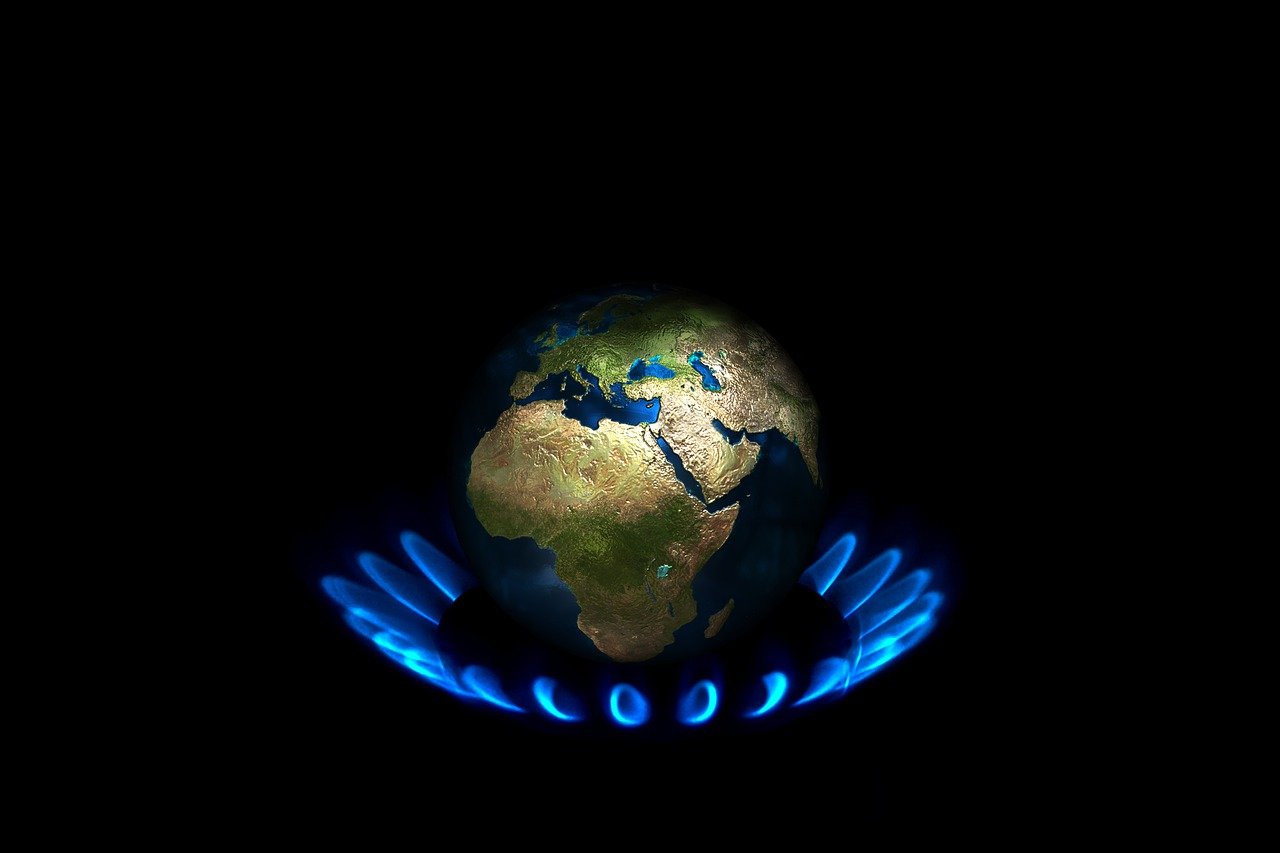News
European Natural Gas Marketization Accelerates
International Energy Network News: As the gap between European natural gas prices and long-term contract prices widens to a new high in 2009, European buyers are beginning to hope to renegotiate long-term supply contracts. Because much of Europe's natural gas trades are under long-term contracts linked to oil prices, widening spreads mean buyers need to spend large sums of money extra.Bloomberg data shows that the natural gas price in July using a long-term contract linked to oil prices was 26.19 euros/MWh (approximately US$10.45/million British thermal units). On June 4, the price in Germany's largest natural gas trading center was 17.85 euros, which was 32% lower than the same long-term contract price. The price difference hit a new high since March 2009. The disadvantages of the long-term contract model being too rigid have been exposed, which has also caused huge losses to European natural gas buyers.
Spot supply contracts are becoming more and more widely used because they can more flexibly reflect market conditions. Even in the European market, which used to be monopolized by long-term contracts, the volume of spot contract transactions is also growing. Jean-Francois Cirelli, vice president of GDF Suez SA, France's largest natural gas company, said that currently 50% of natural gas supply contracts in Europe adopt a pricing mechanism linked to spot prices, and this model is being accepted by more buyers. The adoption of short-term contracts linked to spot prices has also significantly promoted the growth of regional natural gas trading volume. Trayport data shows that natural gas trading volume at Germany's NetConnect and Gaspool trading centers increased by 42% last year, reaching 2,242 terawatt hours, compared with 1,577 terawatt hours in 2012. Watt-hour has increased significantly, and the Dutch natural gas trading volume has also increased to 8,290 terawatt-hour, an increase of 10%. The UK is no longer the only natural gas trading center in Europe.
"If more natural gas indices are available for reference, it can be clearly seen that market activity and financial liquidity are growing, as well as the continuous development of regional markets." Cirelli said, "In 2009, the European natural gas market was only dominated by the United Kingdom. Basically, the contracts were almost all long-term contracts linked to oil prices. But these are things of the past. In 2010, the European natural gas market began to undergo a fundamental change."
European natural gas demand plummeted after the outbreak of the financial crisis in 2008. Natural gas buyers who had used long-term supply contracts in the past, such as Gazprom and Statoil, began to seek new pricing methods linked to spot prices. Last year, Brent crude oil prices increased by 5.2%, but German natural gas prices fell by 32%.
The term of long-term contracts linked to oil can be as long as 35 years, which means that the contracts being executed now may have been signed in the 1970s and were based on the oil price at that time. But unlike today's natural gas boom, oil was still Europe's main source of electricity.
This pricing method has put many European natural gas buyers into the embarrassing situation of selling imported natural gas in the domestic market, but making no profit or even losing money. Companies including EON and RWE have made price adjustments to signed natural gas supply contracts through negotiation or arbitration with suppliers. Eni, Gazprom's largest natural gas buyer, negotiated with Gazprom on natural gas contract prices last month. After price adjustments, Eni's gas and power unit profits will increase by 560 million euros.
Howard Rogers, director of natural gas at the Oxford Energy Research Association, said: "If you are a natural gas buyer with a long-term supply contract, bankruptcy is a matter of time. Buy high and sell low. This is a loss that no buyer can afford."
Companies that support the use of long-term contracts believe that the advantage of long-term supply contracts is that they can ensure the stability of supply. Sergey Komlev, head of Gazprom's contracts and pricing department, said that long-term contracts stipulate that suppliers must provide a certain amount of natural gas every year, which is beneficial to both buyers and sellers.
Komlev pointed out that long-term contracts are a solid guarantee for buyers, because if the seller's natural gas supply cannot meet the contract requirements, it will need to pay a large amount of compensation. "If you adopt a spot contract, then you will increase supply risk. To balance this risk, sellers may even stop supply."
Anne-Sophie Corbeau, senior natural gas adviser to the IEA, said long-term price contracts are not always higher than spot prices. "If you're willing to take a little more risk, you can try a little more. But don't put all your eggs in one basket."
Rune Bjoernson, Vice President of Statoil, said that European natural gas marketization is an inevitable process. "Large supply contracts need flexible pricing mechanisms to match them, so we need to make some changes to long-term supply contracts, and I think that's the only right way."
As Europe's main natural gas supplier, Gazprom has arranged a timetable for all customers to renegotiate contract prices. However, Andrei Zoto, head of Gazprom’s economic assessment and pricing department, said that no major price adjustments are expected. Cirelli recently stated that it plans to start implementing a new natural gas supply contract with Gazprom next year. Austrian state oil company (OMVAG) also recently stated that it will continue to implement a new round of long-term supply contracts with Gazprom.

RELATED NEWS
- Denmark Plans to Develop Clean Energy and Shift to Biofuels
- Nationalization of Natural Gas in Bolivia
- Large Oil Companies Vigorously Promote the Development of Clean Energy Projects
- France: Improve Energy Efficiency and Encourage the Development of Renewable Ene
- Middle East Oil Countries can Help Maintain Security in the Singapore-Malaysia S
